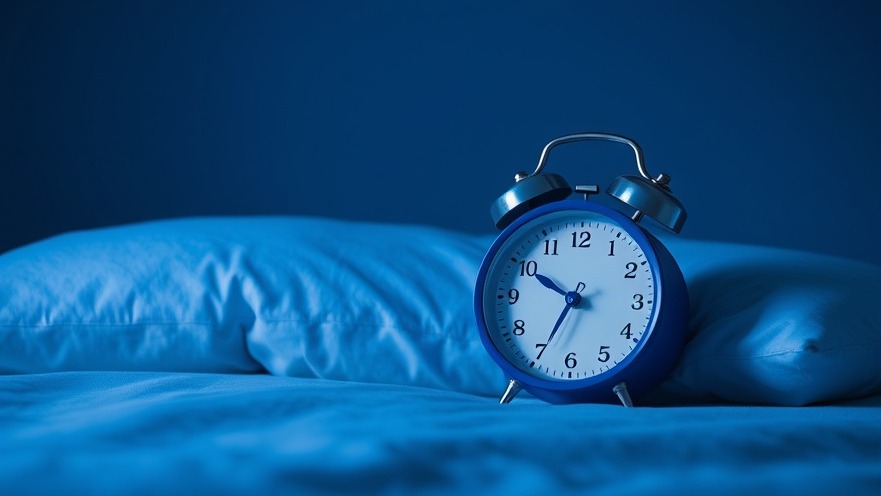
Understanding Sleep Beyond the Numbers
For years, many have held tightly to the idea that eight hours of sleep is the golden standard for everyone. Yet, recent studies challenge that notion, revealing a fascinating tapestry of sleep behaviors shaped by cultural nuances. Take Japan, for instance—a country where late nights are standard, yet it boasts one of the highest life expectancies globally. This raises an intriguing question: Is there really a universal sleep duration that guarantees health, or does this perception vary by culture?
The Cultural Context of Sleep
In a groundbreaking study led by Christine Ou and her team, researchers surveyed 5,000 individuals across 20 countries, exploring the relationship between cultural sleep norms and health outcomes. The findings were telling; while the Japanese average just over six hours of sleep per night, their health outcomes defy expectations—indicating fewer occurrences of obesity and chronic diseases compared to populations where longer sleep is the norm.
Ou's research highlighted a crucial perspective; when people's sleep aligns with their cultural expectations, they often report better health. It suggests that the amount of sleep deemed optimal for health may indeed be influenced by cultural backgrounds rather than a one-size-fits-all formula.
Cultural Sleep Habits: A Comparative Look
Sleep duration varies significantly worldwide, with French citizens enjoying almost eight hours of sleep nightly, while Americans average about seven hours. Intriguingly, countries with less sleep tend to exhibit lower health risks associated with longer hours of rest. How is it possible? The answer lies in the lifestyle choices these cultures embrace. Often, short-sleeping societies maintain active social lives and a more physically involved daily routine, countering any detrimental health effects from lesser sleep.
The Science of Sleep and Health: A Broader Perspective
Moreover, sleep research has established that the quality of sleep often matters more than quantity. In cultures where sleep deprivation is prevalent, the focus on improving the quality of rest—through stress management, a balanced diet, and regular exercise—could be vital for health. This leaves us questioning what it truly means to have a good night’s sleep. Perhaps creating the ideal sleep environment and practicing good pre-sleep routines carry more weight than the hours clocked at night.
Empowering Perspective Shifts
It's essential for readers to recognize that sleep varies from person to person. If you belong to a culture that prioritizes shorter sleeping hours, take heart in knowing it isn’t necessarily detrimental to your health. Instead, focus on developing habits that promote higher-quality rest, such as limiting screen time before bed, ensuring your sleeping environment fosters tranquility, and practicing relaxation techniques.
These strategies can help promote healthier sleep even when the hours may be limited. After all, individual needs differ, and embracing your unique sleep rhythm can yield profound health benefits.
Embracing Your Unique Sleep Journey
Ultimately, this exploration of sleep invites us to empower ourselves with knowledge and adaptability. By recognizing the interplay between cultural practices and personal experiences, we can each tailor our health journeys in a way that uplifts and enhances our lives. So, whether you're part of a late-night culture or a sunrise-riser, remember that your personal wellbeing is what matters most.
Take Action for Better Health
The journey to improved health can be uniquely yours. Begin by reflecting on how your sleep habits align with your cultural background. Are you practicing habits that improve your sleep quality? If not, consider integrating small changes into your routine to create a healthier sleep environment. May this knowledge inspire you to embrace a holistic approach to wellness, where your unique sleep style contributes to your vibrant health.
 Add Row
Add Row  Add
Add 




Write A Comment